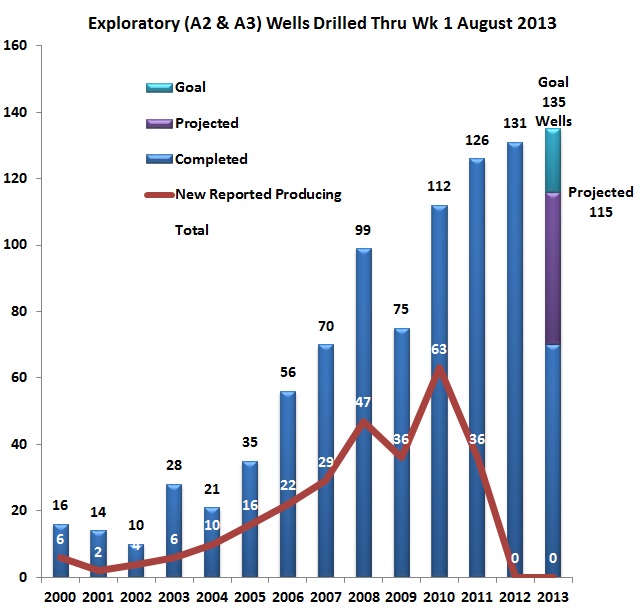The National Planning Department proudly boasts CoP8.9T (US$4.57B) in royalties have been approved in 2013, but figures from the General Comptroller show only 14% of awarded cash has been paid in the first five months of 2013.
The National Planning Department (DNP) published a thorough document which seeks to reduce bottlenecks in the permitting process for roadway, mining and energy projects by centralizing requirements and establishing a priority list for strategic projects.
Colombia’s military intelligence says it has uncovered evidence that the Farc have been repopulating deserted rural area in Meta and Caquetá by placing indigenous groups in the area, a practice that goes back two years.
Last week we published some harsh comments for the oil industry from former Casanare Governor Jorge Prieto, who said the region would be better off without being the home to a bulk of the country’s oil production. We thought we’d share the list of his colleagues, who we believe have done more to stain the department than anyone else.

Despite running short of 2013 goals for exploration wells the president of the National Hydrocarbons Agency (ANH) Germán Arce said that the government has decided not to start off shore exploration activities in the San Andrés islands.
Colombian senator Alexander López has called for a public forum this week to analyze seismic exploration conducted by oil companies near water sources, which he alleges are causing grave damage to the environment in Casanare, Meta and Arauca.